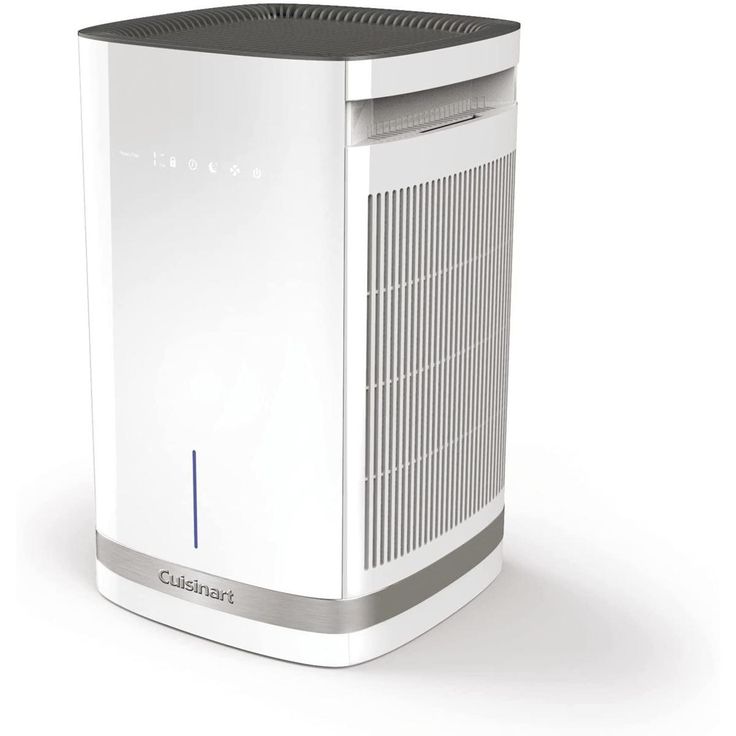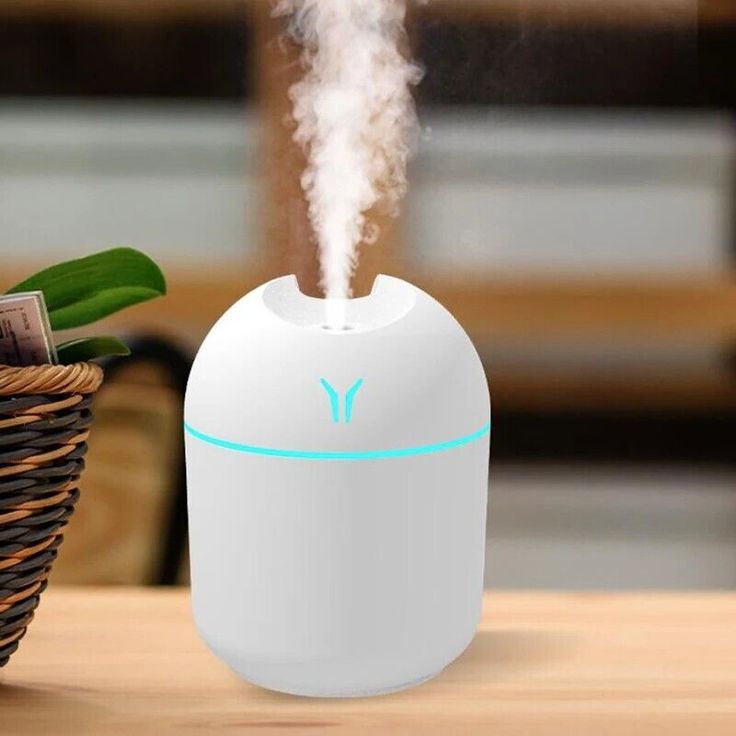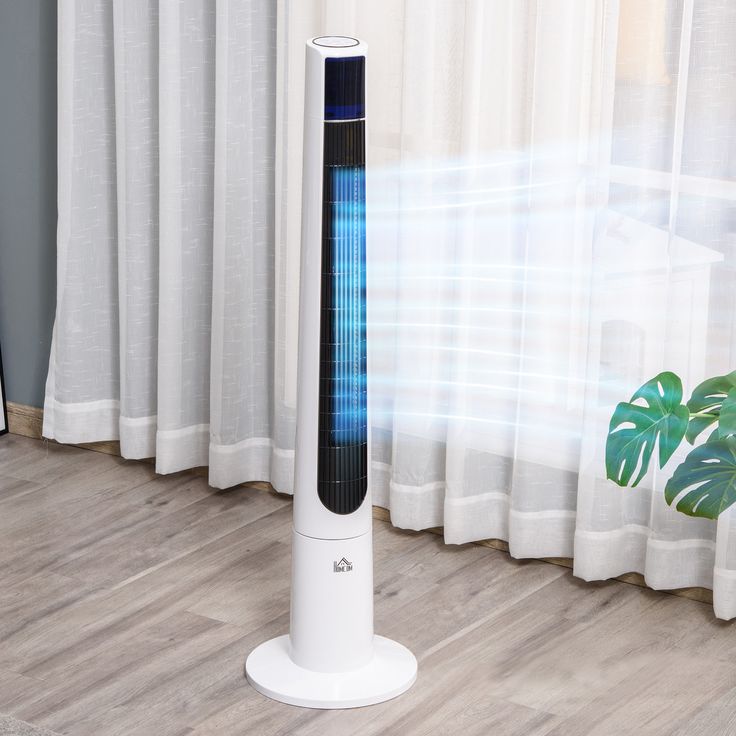When it comes to improving indoor air quality, two commonly used devices stand out: air purifiers and humidifiers. While both aim to create a healthier living environment, they serve different purposes. Air purifiers are primarily focused on removing airborne contaminants such as dust, pollen, allergens, and even harmful pollutants, thus promoting cleaner breathing air. On the other hand, humidifiers add moisture to the air, which is particularly beneficial in dry climates or during winter months, helping to alleviate dry skin, respiratory discomfort, and static electricity. Understanding the difference between air purifier and humidifier can help you make informed decisions when choosing the right appliance for your needs. This guide will explore the functions, benefits, and practical uses of both devices, aiding in your quest for cleaner, more comfortable air.

Understanding Air Purifiers: What They Do
Air purifiers are devices designed to remove contaminants from the air. This includes dust, pollen, smoke, pet dander, and even airborne pathogens. The primary objective of an air purifier is to enhance indoor air quality by filtering out these harmful particles.
- Types of Filters: Most air purifiers come equipped with HEPA (High-Efficiency Particulate Air) filters, which capture 99.97% of particles as small as 0.3 microns. Some models also feature activated carbon filters, which can absorb odors and volatile organic compounds (VOCs).
- Health Benefits: The usage of air purifiers can significantly benefit individuals suffering from allergies or respiratory issues. These devices work diligently to reduce airborne allergens, such as dust, pollen, and pet dander, helping to alleviate uncomfortable symptoms. As a result, occupants can experience improved overall health, enhanced well-being, and a better quality of life.
- Air Quality Monitoring: Many air purifiers are equipped with sensors that monitor indoor air quality in real-time. This feature enables users to gauge the effectiveness of the purifier and to make necessary adjustments accordingly.
In summary, an air purifier’s primary role is to combat pollutants and enhance the overall quality of the air you breathe, differentiating it clearly from a humidifier. When evaluating the difference between air purifier and humidifier, remember that air purifiers target particles and pollutants.
What Humidifiers Do: The Role of Moisture
Humidifiers serve a different, yet equally important, purpose. Their primary function is to add moisture to the air, which can be especially beneficial in dry conditions or during winter months when indoor heating systems reduce humidity levels.
- Types of Humidifiers: There are several types of humidifiers, including evaporative, ultrasonic, steam vaporizers, and impeller humidifiers. Each type operates differently, but they all aim to increase humidity levels in the air.
- Health Benefits: Humidifiers can be beneficial for individuals suffering from dry skin, allergies, asthma, or sinus issues. By maintaining optimal humidity levels (typically between 30% and 50%), these devices help to alleviate discomfort caused by overly dry air.
- Prevention of Damage: In addition to health benefits, maintaining adequate humidity levels can prevent damage to home furnishings. Wooden furniture, musical instruments, and even wallpaper can crack or peel when exposed to excessively dry air.
In essence, while air purifiers clean the air by removing particles, humidifiers add moisture to combat dryness—highlighting a key difference between air purifier and humidifier.

Key Differences in Functionality
When comparing air purifiers to humidifiers, the most significant difference lies in their primary functionalities.
- Filtration vs. Moisture Addition: Air purifiers focus on filtration to rid the air of impurities, effectively cleaning the indoor air space. Humidifiers, on the other hand, introduce moisture into the air. This contrast is crucial when choosing which device is suitable for your environment.
- Usage Scenarios: Air purifiers generally thrive in environments with high levels of allergens or pollutants, such as urban settings, homes with pets, or areas prone to wildfires. Conversely, humidifiers are more beneficial in geographical regions that suffer from low humidity levels, improving respiratory health and comfort.
- Maintenance and Care: Maintaining air purifiers usually involves cleaning or replacing filters, while humidifiers require regular water refills and cleaning to prevent mold and bacteria growth. Understanding these maintenance needs can play a role in deciding which appliance fits seamlessly into your lifestyle.
In summary, understanding these key differences is essential when weighing the difference between air purifier and humidifier. Each device serves a unique purpose tailored to specific indoor conditions requiring either purification or moisture management.
Combined Use: When to Use Both
While air purifiers and humidifiers serve different functions, there are scenarios where using both simultaneously could enhance indoor comfort and air quality.
- Synergistic Benefits: In environments where air quality and humidity levels are both problematic—like in newly constructed homes with poor ventilation—using both devices can lead to a balanced atmosphere. The air purifier removes allergens while the humidifier ensures humidity levels remain within a comfortable range.
- Seasonal Adjustments: During winter months, indoor air can become particularly dry due to heating systems. In addition to using a humidifier to maintain moisture, an air purifier can significantly buffer the effects of allergens that might still persist indoors, such as dust mites and pet dander.
- Health Considerations: For individuals with specific health needs, such as asthma sufferers, combining both devices can create an ideal breathing environment. The purified air can prevent irritants from triggering asthma attacks while maintaining proper humidity levels reduces dryness in the respiratory tract, showcasing the difference between air purifier and humidifier not as oppositional, but potentially complementary.
In conclusion, integrating both air purifiers and humidifiers in your home can create a balance that promotes better health and comfort.

Choosing the Right Device for Your Needs
With a clear understanding of the functions and differences between air purifiers and humidifiers, making the right choice becomes easier.
- Assessing Indoor Conditions: Start by assessing your indoor environment. If you struggle with high dust levels, pollen, or smoke pollution, an air purifier should be your priority. Conversely, if you experience dry skin or respiratory issues caused by low humidity, consider investing in a humidifier.
- Size Matters: Choosing the right size for your space is vital for both types of devices. Ensure the air purifier can effectively cover the square footage of your rooms or consider multiple units. Similarly, select a humidifier suitable for the space where you intend to use it, as larger areas may require more powerful units to adequately increase humidity.
- Advanced Features: Today’s air purifiers and humidifiers come equipped with various features, including real-time air quality monitoring, app connectivity, and filter replacements alerts. Choose devices that offer the features that best meet your needs and lifestyle.
Being informed about your specific needs and understanding the difference between air purifier and humidifier will help you select the device that best addresses your concerns, enhancing your indoor air quality.
Conclusion: Making the Best Choice
The decision between an air purifier and a humidifier ultimately hinges on your personal needs and living conditions. While there are considerable benefits to each, understanding the difference between air purifier and humidifier can significantly influence your choice.
Air purifiers excel at eliminating harmful pollutants in the air, vital for allergy sufferers and those living in polluted environments. On the other hand, humidifiers play a crucial role in adding moisture to the air, particularly in dry climates or during winter months.
Ultimately, investing in either or both devices can lead to improved air quality, contributing to overall well-being. By understanding the distinctions and considering your specific environment, you can make an informed choice that will provide long-lasting health benefits and ensure comfort in your home.
